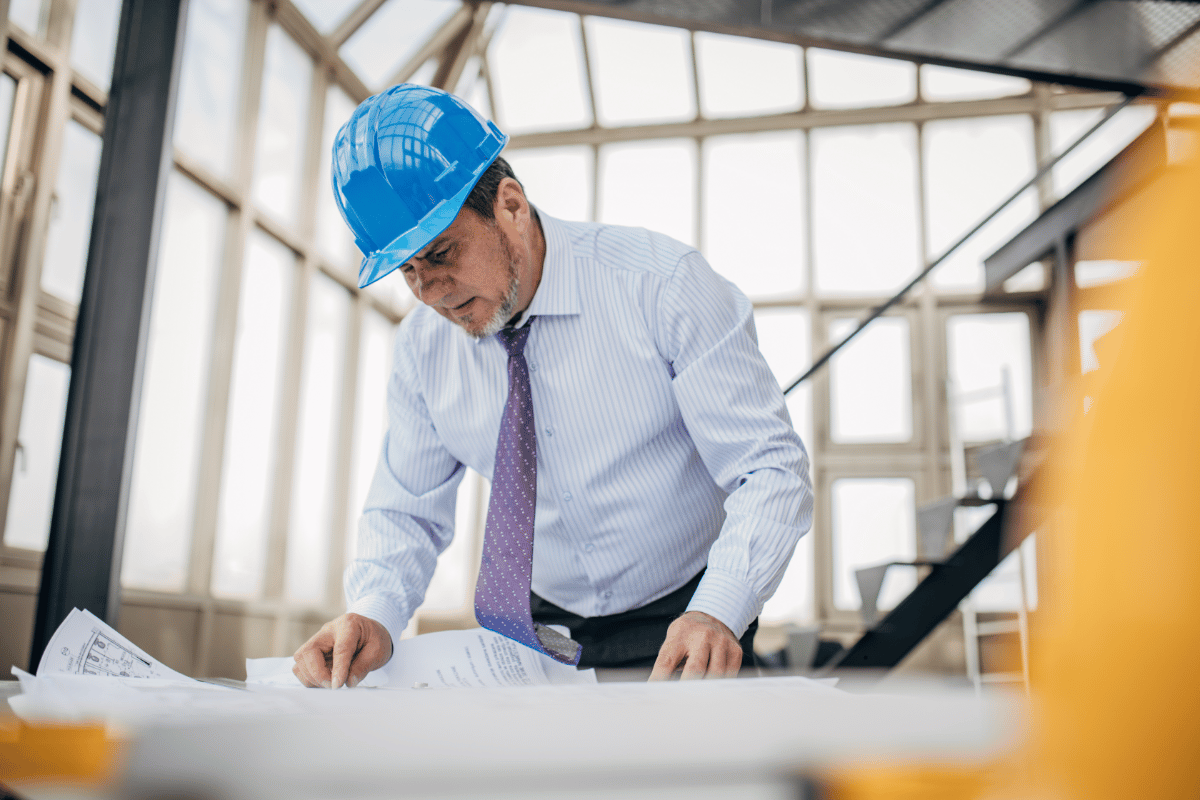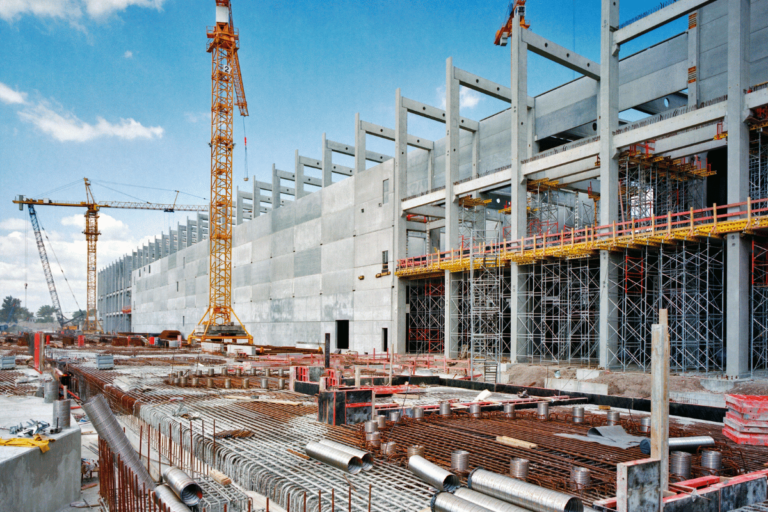The Importance of Proper Climate Control in Construction
Climate control in construction is more than just a comfort factor—it’s a critical component that impacts the quality, safety, and efficiency of projects. From extreme temperatures to fluctuating humidity levels, weather conditions can significantly influence the durability of materials, the well-being of workers, and the overall timeline of a build. Imagine the consequences of concrete curing too quickly or wooden frames warping due to moisture—these challenges can lead to costly delays and compromised structures.
Proper climate control ensures a stable environment, enabling construction teams to maintain high standards and meet deadlines regardless of external conditions. Whether you’re managing a large commercial project or a small residential build, understanding and implementing effective climate control measures is essential for success.
Let’s explore why this often-overlooked aspect is vital in the construction industry.
Impact on Material Durability and Quality
Temperature and humidity fluctuations can have a significant effect on the durability and quality of construction materials. For example, concrete poured in extreme heat can cure too quickly, resulting in cracks or weakened strength. On the other hand, low temperatures can cause the material to freeze before it fully sets, compromising its integrity.
Wood and steel, commonly used in construction, are also susceptible to changes in climate—wood may expand or contract, while steel can experience rusting due to moisture. Proper climate control helps maintain an ideal environment, ensuring that materials retain their strength, form, and resistance to environmental factors. This leads to longer-lasting, safer, and more reliable buildings.
Preventing Mold and Moisture-Related Issues
Humidity is a major factor in the construction industry that can lead to serious issues such as mold growth and material degradation. Excess moisture in the air can seep into walls, insulation, and flooring materials, creating the perfect breeding ground for mold.
To prevent these complications, it’s crucial to maintain stable humidity levels. You can find climate control solutions for the construction industry to regulate moisture levels and ensure a dry, stable environment. This helps prevent mold formation, preserves building materials and ensures that the final product remains safe and healthy for future occupants.
Worker Safety and Comfort in Extreme Weather
Construction sites are often exposed to harsh weather conditions, including intense heat, cold, or high humidity, all of which can put workers’ safety and comfort at risk. Prolonged exposure to extreme temperatures can lead to heatstroke, dehydration, or frostbite, potentially endangering the workforce. Ensuring a controlled environment, such as providing temporary heating in cold weather or cooling systems in hot weather, minimizes these risks.
By using proper climate control systems, workers can focus on their tasks without worrying about their well-being. When employees feel comfortable and safe, productivity increases, and the likelihood of accidents decreases, creating a more efficient and healthier work environment.
Accelerated Construction Timelines
Climate conditions can have a direct impact on construction timelines. For instance, cold weather can slow down curing processes for concrete or adhesives, delaying work schedules. Excessive heat, on the other hand, can cause materials to dry too quickly, requiring rework or repairs that further extend the project.
Proper climate control systems help mitigate these weather-related delays by stabilizing temperature and humidity levels, creating a more predictable and reliable construction schedule. By implementing such systems, construction projects can progress faster, allowing for smoother transitions between different phases of the build. This results in timely project completion and satisfied clients, ultimately enhancing a company’s reputation and business growth.
Protection of Sensitive Equipment and Tools
Construction sites are filled with machinery and tools that are sensitive to extreme temperatures. Cold weather can cause hydraulic systems to freeze, while excessive heat can lead to engine overheating or electrical malfunctions. Proper climate control not only ensures the safety and comfort of workers but also protects these valuable assets from damage.
For example, heating systems can be used to maintain the temperature of critical equipment during the winter months, while ventilation and cooling solutions can be employed during hot seasons to keep machines running efficiently. This reduces the risk of costly repairs or replacements and minimizes downtime, ultimately increasing the overall productivity of the site.
Enhancing the Precision of Construction Processes
Climate control plays an important role in ensuring that construction work is done with the highest level of precision. For example, when working with delicate installations such as flooring, glass, or insulation, fluctuating temperatures and humidity levels can distort materials, causing them to shrink, expand, or warp. This compromises the overall precision of the work, requiring adjustments or rework.
Maintaining a stable environment allows builders to adhere to strict measurements and tolerances, ensuring that each phase of construction is done correctly the first time. With proper climate control, the risk of errors decreases, and the overall quality and accuracy of the construction project improves.
Proper climate control is essential for maintaining the integrity, safety, and efficiency of construction projects. By regulating temperature and humidity, it helps preserve material quality, ensures worker well-being, accelerates project timelines, and protects equipment from damage. Additionally, it prevents mold and moisture-related issues, safeguarding the building’s long-term health. Implementing climate control measures not only enhances precision but also reduces costly delays and rework. For any construction project, investing in reliable climate control systems is a smart decision that can lead to superior results, safer environments, and satisfied clients.







